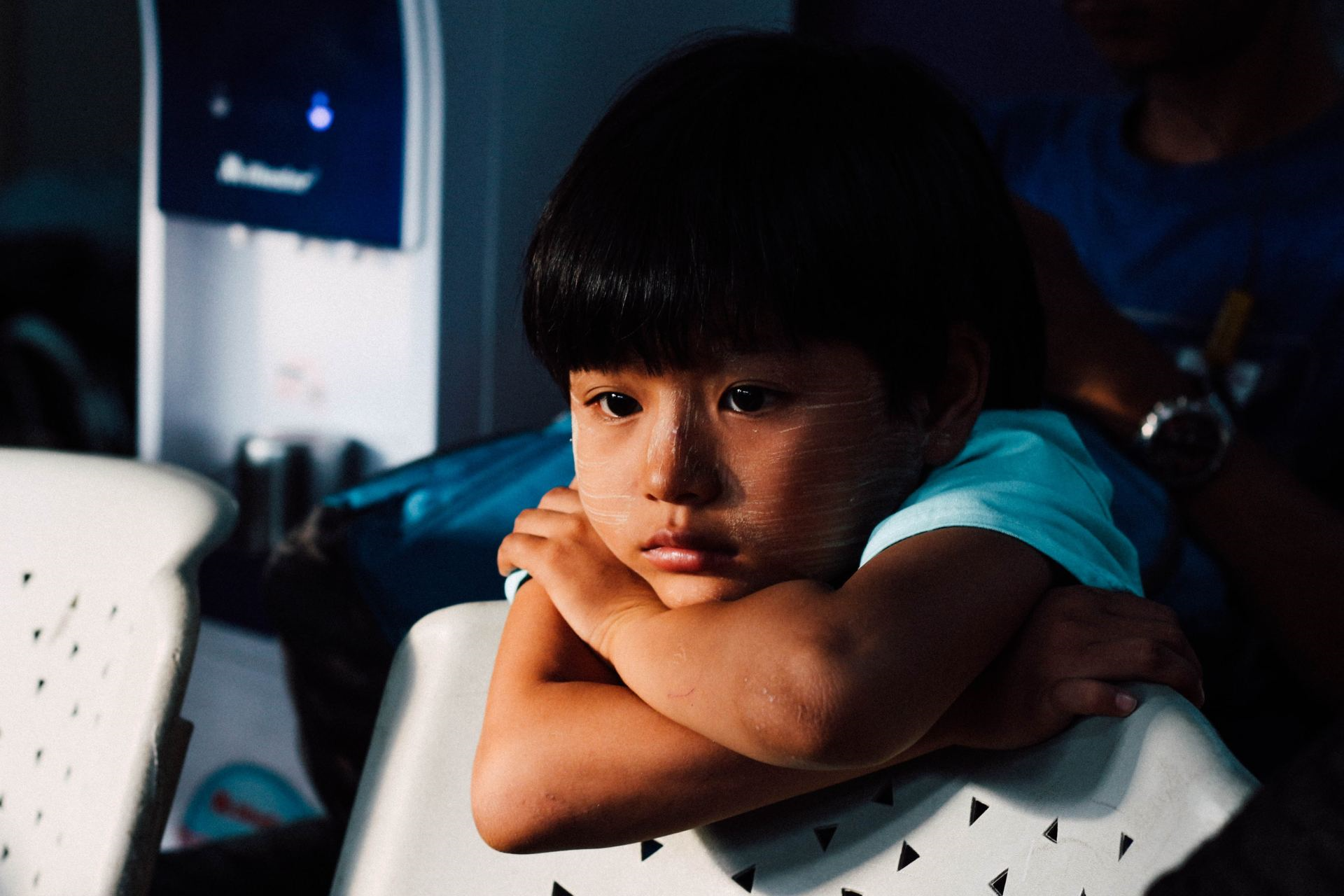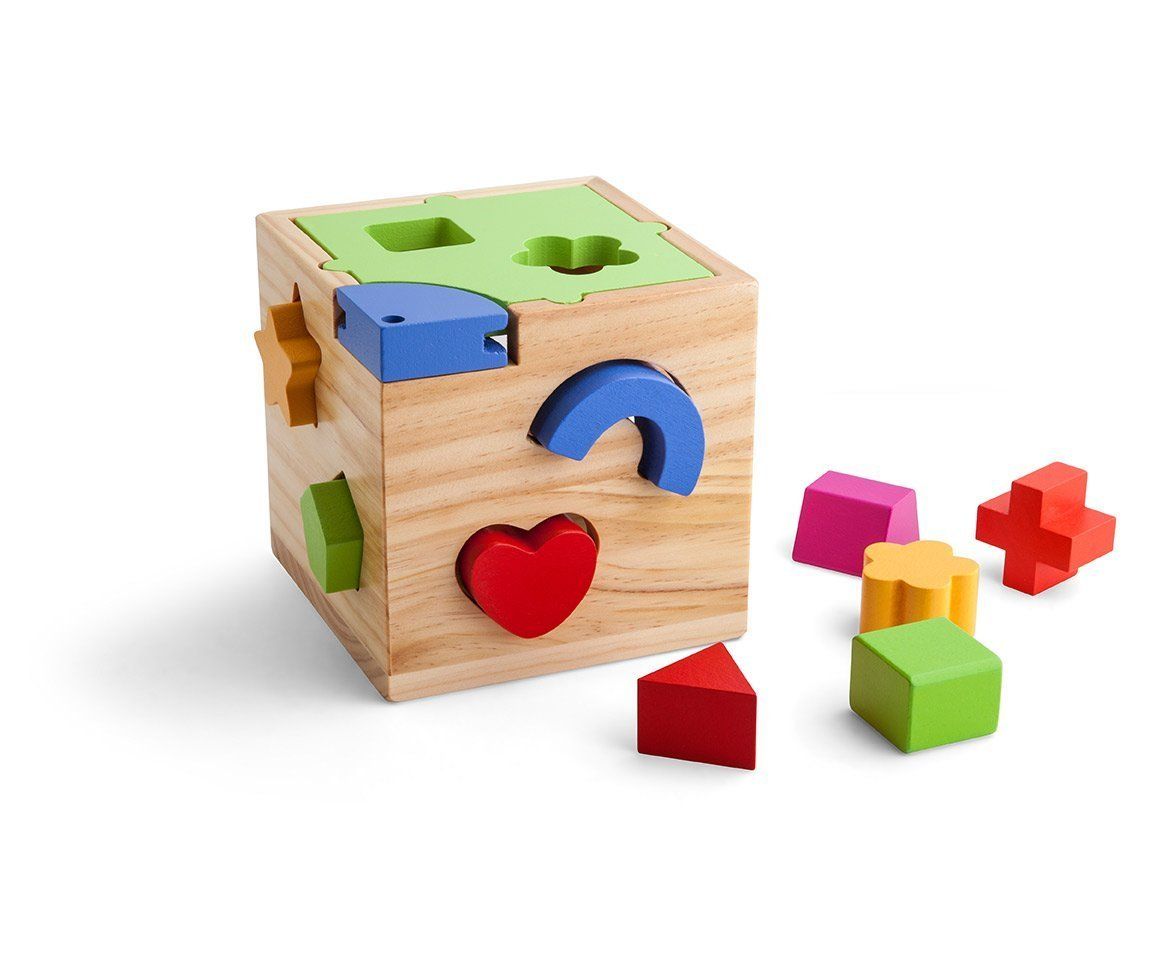Blog Layout
Bullying Can Affect Physical and Emotional Health
Veronica V. James • Nov 12, 2019
Bullying Affects Physical and Emotional Health
October is National Bullying Prevention Month
Bullying
is a serious threat to youth today. According to the Centers for Disease Control and Prevention (CDC), bullying affects 20% of high school students and cyberbullying affects 16% of high school students. Surveys compiled by the CDC also show that 33% of students ages 12-18 who reported bullying at school and 27% of students ages 12-18 who reported cyberbullying indicated that they were bullied at least once or twice a month. Middle schools reported the highest rate of bullying (25%), at least once a week. While bullying can lead to mental health problems for any child, those who already have mental health difficulties are even more likely to be bullied and to experience its negative effects. (stopbullying.gov)
Bullying
is a risk factor for depression and thinking about suicide. Children who bully others, are bullied, or both bully and are bullied are more likely to think about or attempt suicide than those who are not involved in bullying at all. (stopbullying.gov)
Signs of bullying include:
• Depression, loneliness, or anxiety
• Low self-esteem
• Headaches, stomachaches, tiredness, or poor eating habits
• Missing school, disliking school, or having poorer school performance than previously
• Self-destructive behaviors, such as running away from home or inflicting harm on oneself
• Thinking about suicide or attempting to commit suicide
• Unexplained injuries
• Lost or destroyed clothing, books, electronics, or jewelry
• Difficulty sleeping or frequent nightmares
• Sudden loss of friends or avoidance of social situations
Steps to Stop Bullying:
- Start early. Parent/child talks are essential. Teach kids to respect others before they start school. Even small acts of teasing should be stopped in their tracks. Don’t fail to correct this kind of behavior due to a child’s young age. This is exactly when to stop it.
- Stop bullying when you see it. Adults who remain silent when bullying occurs are encouraging it and making it worse.
- Recognize the signs of depression. Youth who experience persistent bullying can develop signs of depression like sadness, isolation, poor concentration and sleeping problems. These symptoms can affect their relationships and school performance. Make sure to reach out and get them help when you see these signs (Mental Health America.)
National Institute of Child Health and Human Development
Our Children Our Future Inc News

By Veronica V. James
•
08 Oct, 2019
October is National Domestic Violence Awareness Month. Domestic violence affects millions, both women and men, of every race, religion, culture and status. It’s not just punches and black eyes -- it’s yelling, humiliation, stalking, manipulation, coercion, threats and isolation. It’s stealing a paycheck, keeping tabs online, non-stop texting, constant use the silent treatment, or calling someone stupid so often they believe it. Parents or caregivers involved in a violent relationship may think that the fighting does not affect their children. Even children who do not see domestic violence are affected by the conflict in the family. Children may develop serious emotional and behavioral problems. Children exposed to domestic violence are at risk for developmental delays, psychiatric disorders, school difficulties, aggressive behavior, and low self-esteem. When there is domestic violence between partners, there is often child abuse as well. Sometimes children get hurt accidentally. Children need to be assessed for their health and safety when domestic violence occurs. What to watch out for in young children include: Anxiety or increased fear, depression, loss of interest in school, friends, or other things they enjoyed in the past, sleep problems including nightmares, increased aggression, anger, spending more time alone, fighting at home or at school, bullying or being bullied, changes in appetite. What to watch out for in adolescents include: drug or alcohol abuse, skipping school, changes in peer , groups, rebellious or oppositional behavior, declining grades, social withdrawal, depression or anxiety, loss of interest in school, friends, or other things they enjoyed in the past. There are good treatments for the emotional and behavioral problems caused by domestic violence. Do not let shame or embarrassment get in the way of victims getting help. Don’t stay silent. It is time to speak up all month long. American Academy of Child and Adolescent Psychiatry, May 2019.

By Veronica V. James
•
03 Aug, 2019
Children need positive, caring adults to provide consistent support, guidance, praise, and encouragement, as well as a safety net. By supporting them as they mature, you allow children to develop their own sense of identity. Children will gradually gain confidence in their ability to make decisions, but they need to know they can still turn to you for advice. To help your child develop, grow and become independent, parents and caregivers should: • Listen to your children and try to understand their feelings • Talk to your children in a calm, thoughtful way • Help your children set and achieve realistic goals • Expose your children to diversity and demonstrate how to accept differences • Help identify possible issues while encouraging children to practice their decisions making skills • Encourage your children to consider the consequences of their actions, both good and bad. • Discuss pros and cons of specific decisions • Help your children bounce back from poor choices Failing at something does not make your child a failure. It is an opportunity to learn an important lesson! Francesca Antoine, LMHC School Psychologist
Our Facebook Feed
Contact Us
Our Children Our Future Inc
450 N. Park Rd. Ste 600
Hollywood, FL 33021
Tel:
954-929-7515 (Landline)
Hollywood, FL 33021
For a copy of our Auxiliary Aids Plan, please email us
egiraldo@ocof-florida.org
or call us at 954-929-7515.
We are continuously working to make our site universally accessible to everyone and conform to the W3C, WCAG 2.1 standard.
This action will make our website more visible to google searches.
Privacy Policy
| Do Not Share My Information
| Conditions of Use
| Notice and Take Down Policy
| Website Accessibility Policy
© 2024
The content on this website is owned by us and our licensors. Do not copy any content (including images) without our consent.
